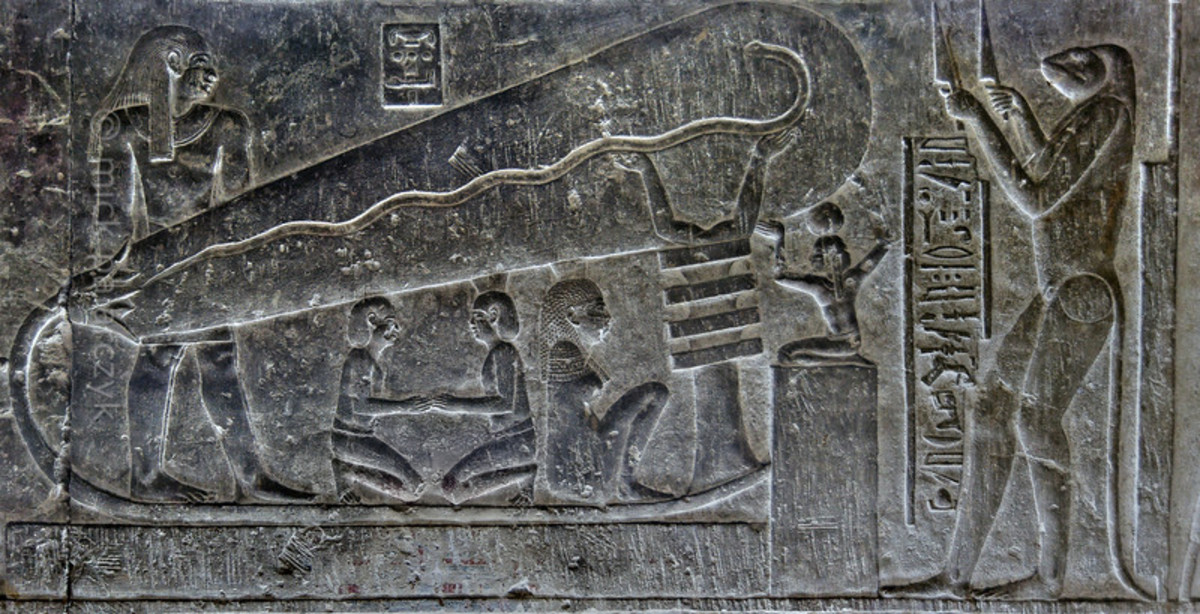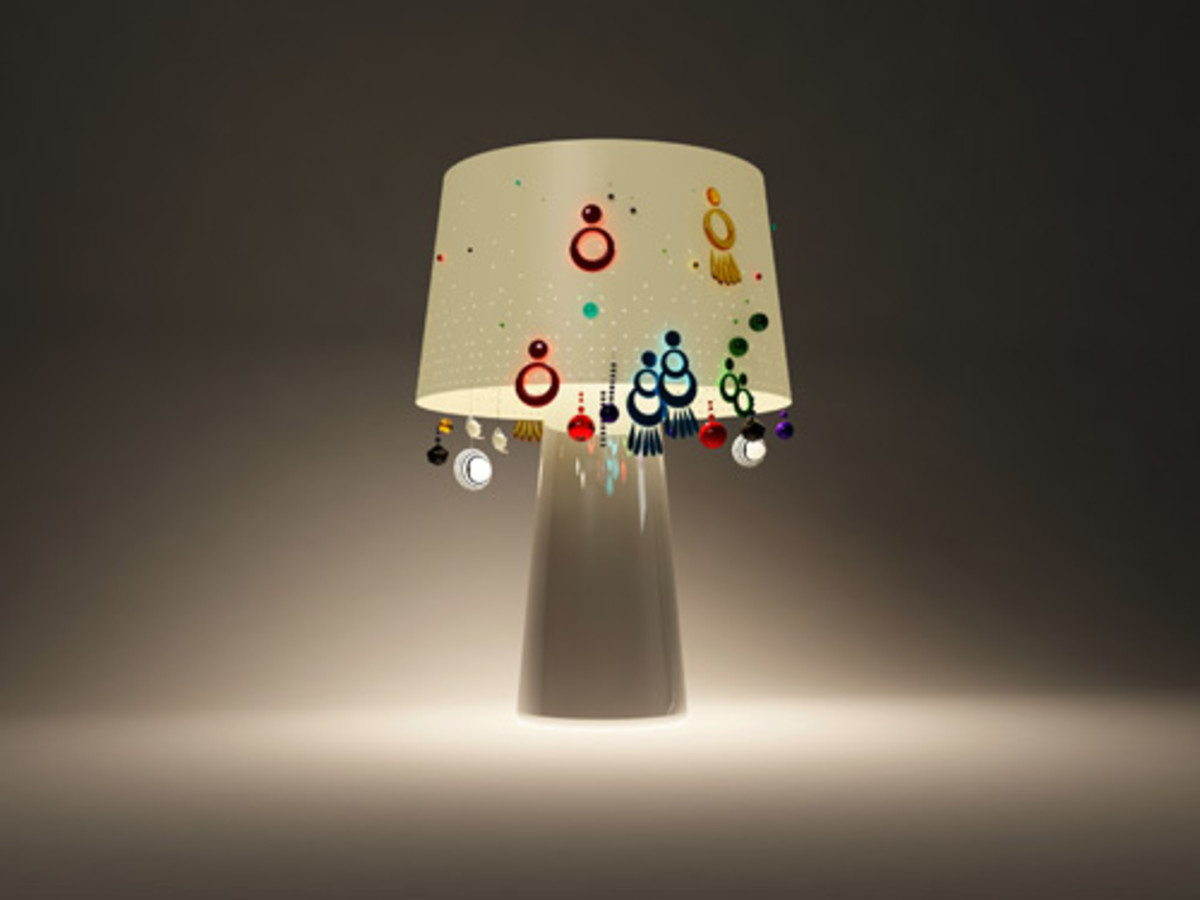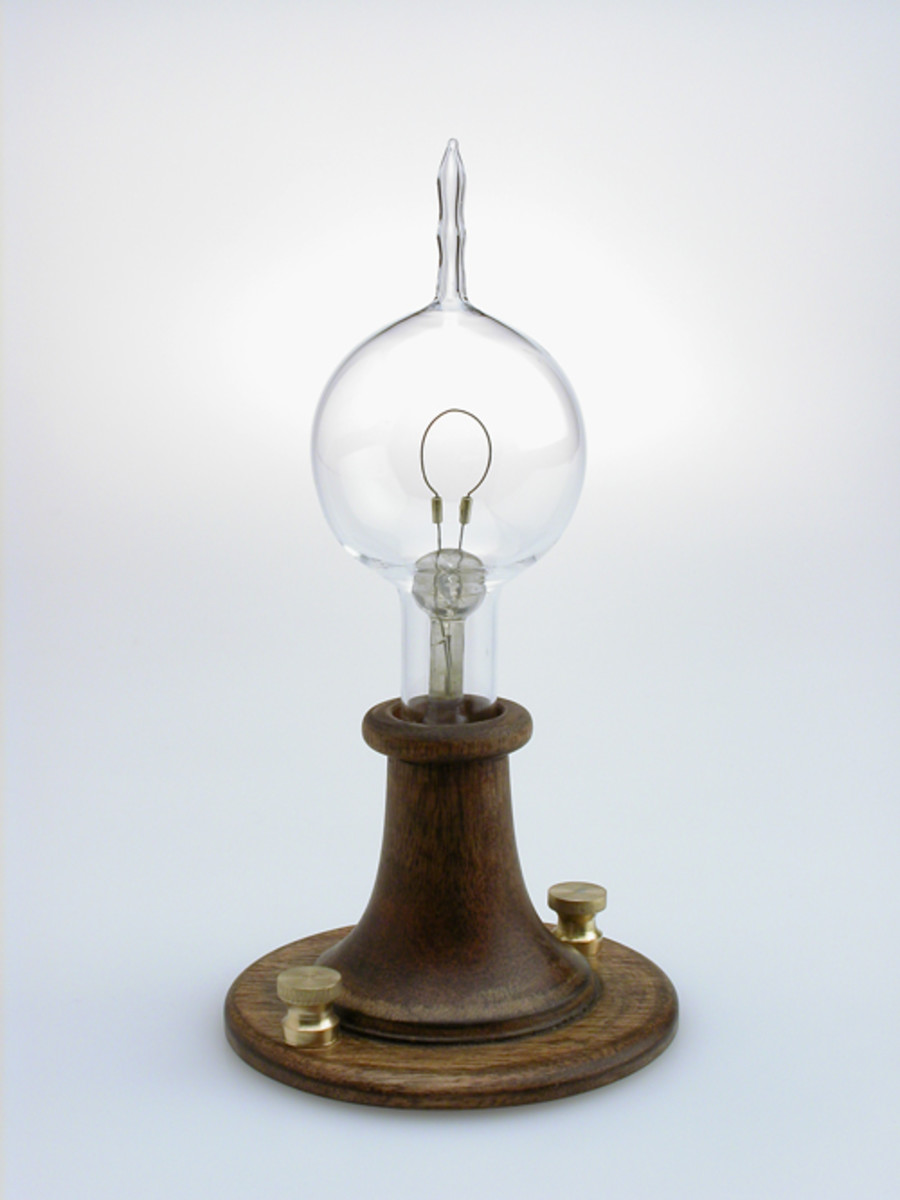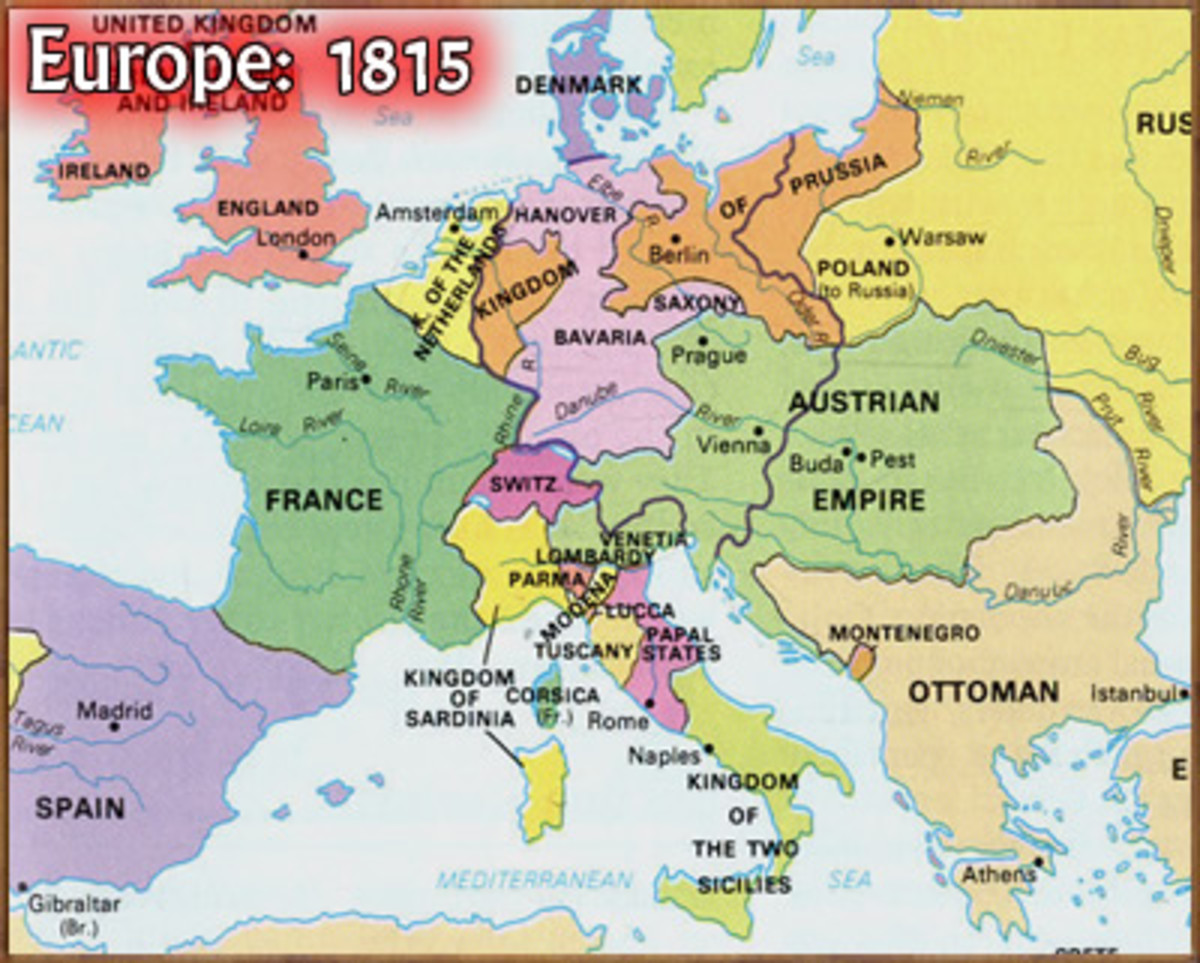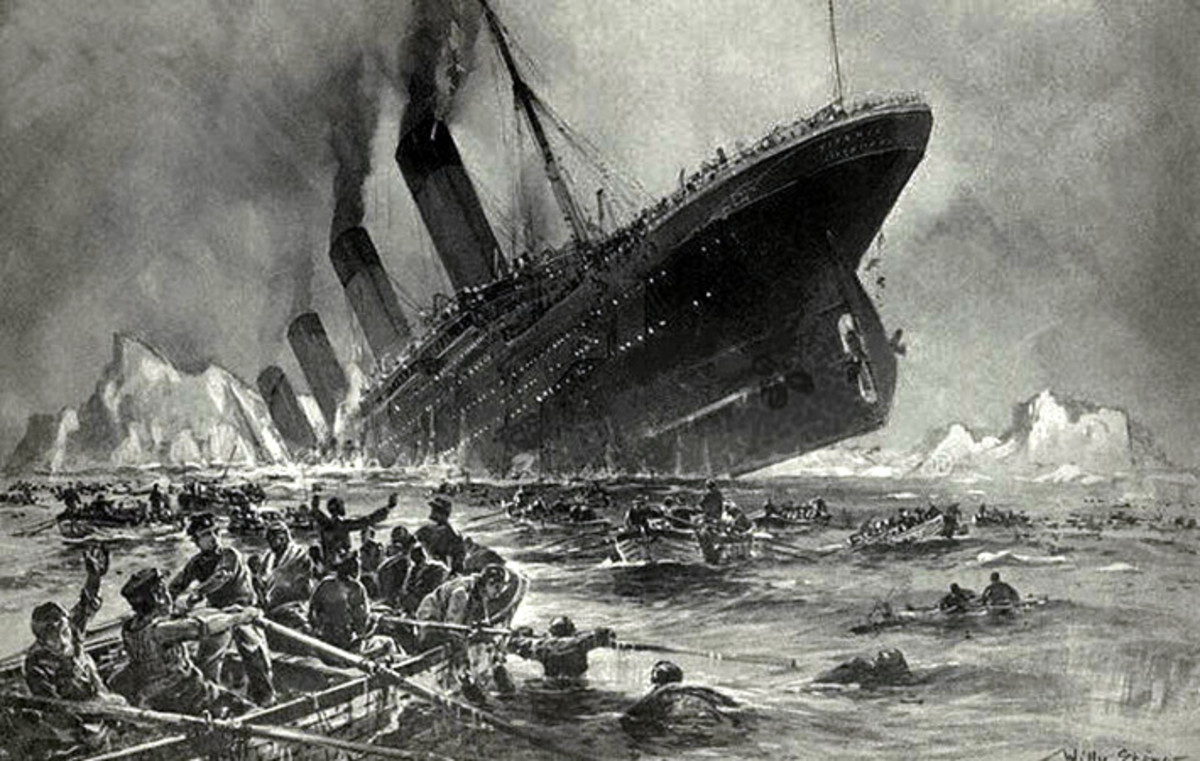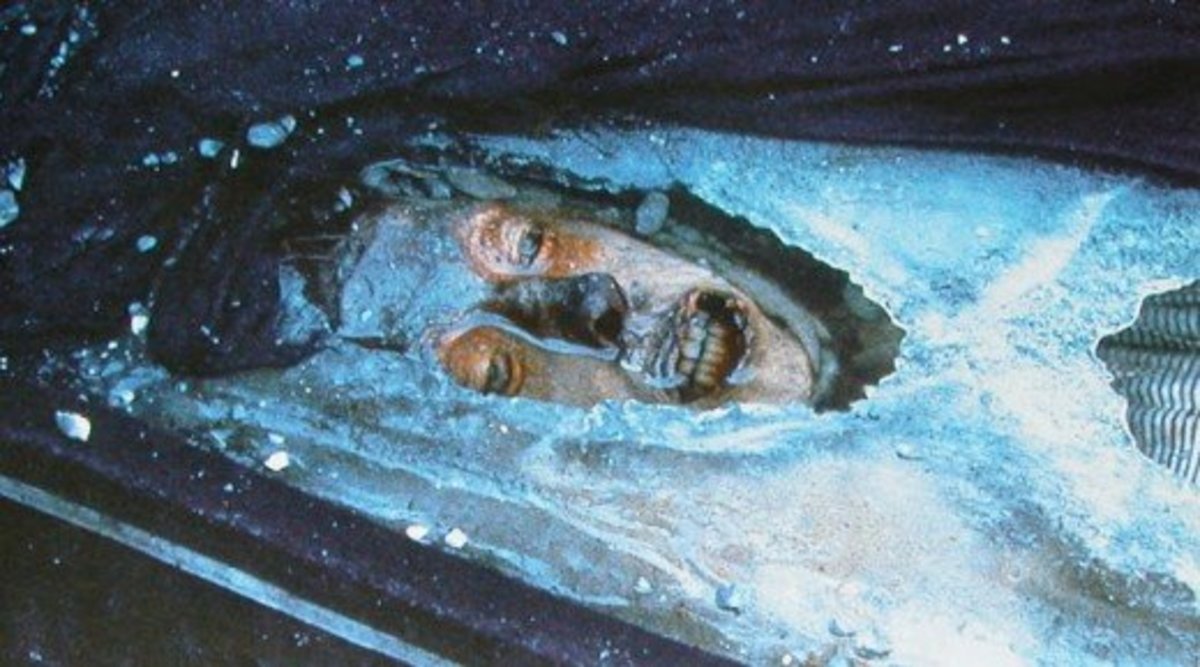How the Invention of the Light Bulb Changed Religion
The Light Bulb
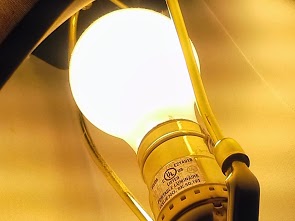
Let There Be Light
The invention of the light bulb happened in 1879. Though Thomas Eddison invented the modern-day incandescent light bulb, he is not believed to be the first inventor. With the discovery of the Baghdad battery (which is dated around the time period 224 AD), it is now speculated that the ancient pyramid builders of Egypt, possibly used the aid of artificial light, to build many of their megalithic structures. If that is true, this would place the invention of the light bulb somewhere around 3150 BCE. Whatever the case maybe, it is a scientific fact that most everyday people lived without the aid of light in their homes, until sometime after 1879.
Another aspect to consider, with the invention of the light bulb, people making up most of rural America; finally were becoming more educated. For the first time, people could read at bedtime. Families began to trade their oral traditions for written stories. Not only were the rich families able to have bible studies by lamp light in the evenings, now impoverish people could do the same. When homes were finally lit up, people could see that there really was not a bogeyman lurking under their beds. For the first time in history, people could literally see their surrounding for themselves. Their belief systems began to change. The darkness no longer had a negative impact, on the way people believed or how they viewed events.
It is also easy to see how living in darkness, could breed strange and imaginative sources for evil entities such as the Bogeyman and Lucifer. Who primarily made people do bad things to other people, under the cover of nighttime. Even in Greek mythology, imaginative story tellers, conjured up an underworld, and gave it a monstrous God to rule over it named Hades. If that was not bad enough, in the latter years of Greek mythology, Grecian priests told stories of Hades' cap of invisibility, the Helm of Darkness, named so because of how it aided the figure wearing it, by making them completely invisible during the cover of night.
From the very first ideas of a dark, seedy, underworld, to the evolution of religious ideology- not being able to see in the dark, had a huge impacted on what people believed to be unseen as truth. Take for instance Hell, the realm of the devil; long believed to be an acrid atmosphere to dwell in. A place of existence saved for the soulless, damned, wicked and condemned to spend their eternity. Tales and poetry of Hell, such as Dante's Inferno were used by clergymen to their advantage. Hell was sold as a dark, firey-pit of torture. There was not a better time to be in the Bogeyman business, than the seedy avenues and dark corridors of the Dark and Middle ages. Which only fed into the idea and notion that darkness represented the time of day, when bad things happened. From Werewolves to Vampires, Ghosts or Goblins; these so-called villains, only came out at night. The very ideals of evil, were founded in darkness.
What many of us today do not realize is that, up unto the late eighteen hundreds, people did not go out at night. It really was that plain and simple. If they did go out at night, they never went out alone. Candlelight, whale oil lamps, fire lit torches or gas lit lanterns, were not powerful enough for people, to feel safe to stroll the streets, by themselves. People were simply too afraid of the dark. Thus the addition of electricity, and the advancement of that electricity being routed into street lanterns and into peoples homes; allowed folks to mingle together after darkness fell, and stroll the streets and corridors that were no longer off limits to them. People could see for themselves that there wasn't a Lilith figure; preying on husbands, or like the bogeyman, feeding on innocent children and returning them to their respectful beds, cold and dead. For the longest time, Jewish people turned to the Lilith story when a child died from crib death, for the obvious reasons. With the invention of the light bulb, stories like these no longer served a purpose, and finally, render useless.
Whatever could not be controlled by force, fear tactics were employed to steer people in one direction to the next. The invention of the light bulb, changed this a bit. I have often believed the Book of Revelation, was specifically used in the bible, as a tool for the church to use against the people. What better way is there to control people, but, through ignorance and fear? However, with the added aid of light, people could finally see to read, and thus gather certain knowledge for themselves. They no longer had to rely on other people to learn things. Now they could see things first hand. Ultimately, this new "technology" made it easier for people to gain an education. Finally the average person was becoming smarter.
Reading By Lamp Light Made Learning Easy
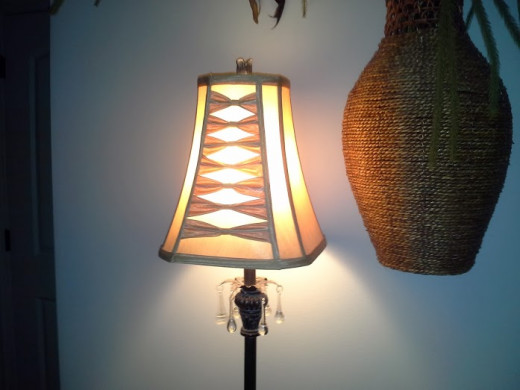
What do Christianity and the Occult have in common?
- Christianity's religious rival without a doubt is the Occult. The Occult is a group of people who participate in mysterious practices and powers involving magic and spirits. The origins of both of these religions are over 2000 years old, and some even say that the Occults' origins can be traced back as far back as 8,000 thousand years ago, when the ancient religion of Zoroastrianism was first started in ancient Sumeria.
- Zoroastrianism is believed to be the foundational roots of Judaism, Christianity, the Occult and Islamic religion. There is even the notion that Abraham, the father of Judaism, Christianity, and Islam, was part of a Zoroastrian religious sect. Although that idea is speculative, what we do know about for sure, is Zoroastrianism was the world's first monotheistic faith. The religion of Zoroastrianism was founded by Zarathustra in Persia, which of course is now modern-day Iran.
"Zoroastrianism is the oldest of the revealed world-religions, and it has probably had more influence on mankind, directly and indirectly, than any other single faith." —Mary Boyce.
Free Boogieman Pumpkin Pattern


